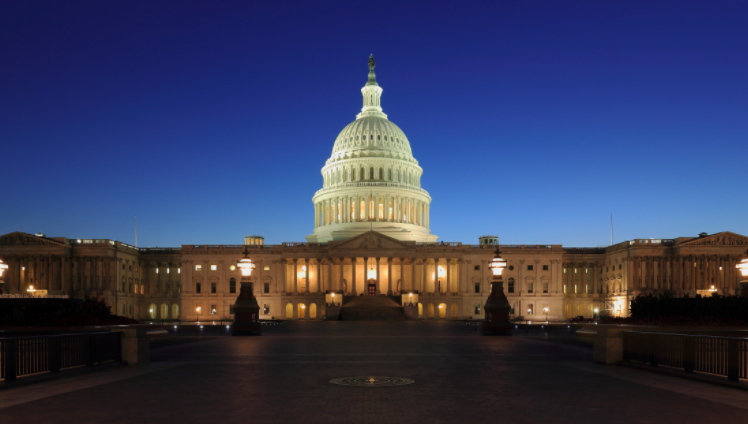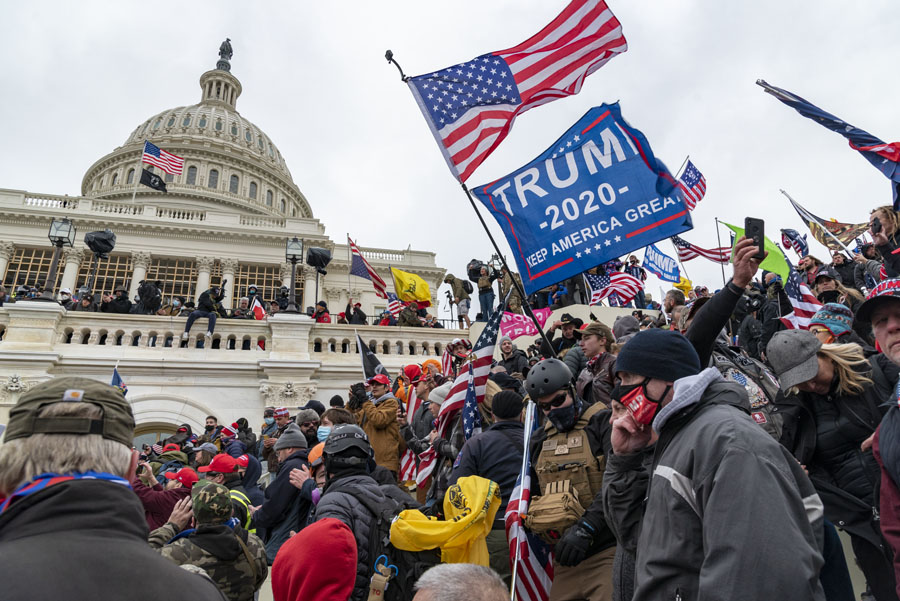The Government Shutdown Won’t Stop the Mueller Investigation
The federal government is shutting down, which may have those closely following L’Affair Russe wondering if the Special Counsel investigation into 2016 Russian election meddling will be interrupted. As the Justice Department confirmed last week, Mueller’s team will not be affected by a shutdown. This is why.

Published by The Lawfare Institute
in Cooperation With

The federal government is shutting down, which may have those closely following L’Affair Russe wondering if the Special Counsel investigation into 2016 Russian election meddling will be interrupted. As the Justice Department confirmed last week, Mueller’s team will not be affected by a shutdown. This is why.
First, what is a government shutdown? Shutdowns happen when Congress fails to pass a regular appropriations bill—an annual bill to fund the government. The U.S. government’s fiscal year begins on Oct. 1 and annual appropriations bills are typically passed prior to that date. This year, because a regular appropriations bill failed to pass before Oct. 1, Congress temporarily funded the government through a series of continuing resolutions. The most recent of these, the Further Additional Continuing Appropriations Act, funded it through Jan. 19, 2018. Because Congress was unable to agree on a new bill, the appropriation lapsed at midnight on Jan. 19. Without that funding, the government “shuts down” until a new bill is passed.
Article I, Section 9 of the Constitution explicitly requires Congress to pass appropriations bills in order to draw money from the Department of the Treasury. The Antideficiency Act operationalizes that constitutional provision. In 1980 and 1981, the Department of Justice Office of Legal Counsel interpreted the Antideficiency Act to mean that employees working in roles funded by annual appropriations bills could not work or be paid when appropriations lapse. The interpretations make some exceptions—federal employees can respond to emergencies, and employees with functions related to the “safety of human life or the protection of property” continue to do their jobs.
Because of these exceptions, many government employees—such as members of the military and “excepted” federal employees (commonly referred to as “essential”)—will continue working during the shutdown. Excepted employees include those in functions related to national security, law enforcement, foreign affairs, air traffic control, public health and other roles related to public health and safety. Here’s the catch: members of the military and excepted employees will go to work but they will be unpaid until the shutdown is over (at which point they will receive back pay for the shutdown period). “Non-excepted” employees are placed on unpaid furlough during the shutdown, essentially taking mandatory, unpaid leave.
Mueller’s team, however, does not need to claim this exception. The Mueller team is not affected by the shutdown for a different reason: Special counsel investigations are not funded by the regular appropriations bills. Instead, they are funded by a separate “permanent indefinite appropriation” established by the Department of Justice Appropriation Act of 1988 to pay for “investigations and prosecutions by independent counsels,” and are therefore exempt (rather than excepted) from mandatory furlough. In other words, Congress has already passed the appropriations bill that funds this investigation, so no one’s salary is stuck in the Treasury—there is nothing preventing the Mueller team from going to work and getting paid.



